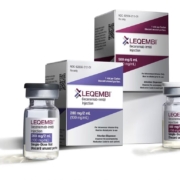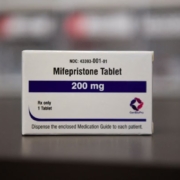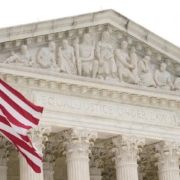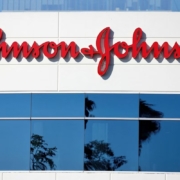U.S. Supreme Court weighs key standard in whistleblower fraud cases
U.S. Supreme Court weighs key standard in whistleblower fraud cases
By John Kruzel
WASHINGTON, April 18 (Reuters) – The U.S. Supreme Court on Tuesday considered a bid by three whistleblowers to revive lawsuits accusing pharmacy operators of pocketing millions of taxpayer dollars by knowingly overbilling government health insurance programs for prescription drugs.
The justices heard arguments in an appeal by the whistleblowers of lower court rulings in favor of Safeway Inc., owned by Albertsons Companies Inc. (ACI.N), and SuperValu Inc., part of United Natural Foods Inc (UNFI.N).
The litigation was filed under a law called the False Claims Act that lets individuals sue on behalf of the U.S. government when they have evidence of fraud against federal programs. The whistleblowers, seeking monetary damages, accused the companies of offering prescription drugs at discounted prices to most customers paying out of pocket, while improperly charging higher rates to the government.
Government healthcare programs reimburse pharmacies for dispensing covered drugs to beneficiaries.
At issue is whether companies can avoid liability for fraud by showing that an “objectively reasonable” reading of the law supported their conduct – regardless of whether they truly believed that interpretation at the time of their alleged wrongdoing.
Tejinder Singh, a lawyer for the whistleblowers, told the justices that embracing this legal standard “would permit some of the worst offenders to escape liability.”
Some conservative justices signaled concern that a ruling in favor of the whistleblowers could lead to judges being asked to determine whether legal advice is true or false – a notion Justice Brett Kavanaugh balked at.
“Obviously, if you say (to the government) it’s $20 and in fact you’re charging everyone $10, okay, false. I get that. But if it’s based on a legal understanding, it’s a little hard for me to say your legal view is false,” Kavanaugh said.
The whistleblowers said federal law requires pharmacies to bill the Medicare and Medicaid programs at the same prices charged to the general public under a rate known as a pharmacy’s “usual and customary” price. They also said both companies knew they were defrauding the government and worked to conceal their pricing practices.
The companies fended off the whistleblower lawsuits by claiming that Medicare and Medicaid billing requirements were unclear and that their practices were supported by a reasonable reading of the law.
“What the court has to recognize is that we deal in a situation where there’s no guidance – we have an inherently ambiguous term,” Carter Phillips, a lawyer for the supermarkets, told the justices, referring to the “usual and customary” price. “We used what was by all accounts – and is undisputed before this court – an absolutely, objectively reasonable interpretation.”
The Chicago-based 7th U.S. Circuit Court of Appeals sided with the companies. The court said the pharmacy operators could not be held responsible for fraud given the “objectively reasonable” interpretation of the law in their favor – even if they did not actually believe that interpretation and intended to deceive the government.
President Joe Biden’s administration backed the whistleblowers, arguing that the 7th Circuit’s ruling undermined the False Claims Act.
“The one bedrock requirement is (companies) should not say things they do not believe to be true,” said Malcolm Stewart, a lawyer for the administration. “Even if they think there is a reasonable argument down the road that it is true, if their best judgment is the statement we are making is not true they shouldn’t make it.”
A ruling is due by the end of June.


 Reuters
Reuters







